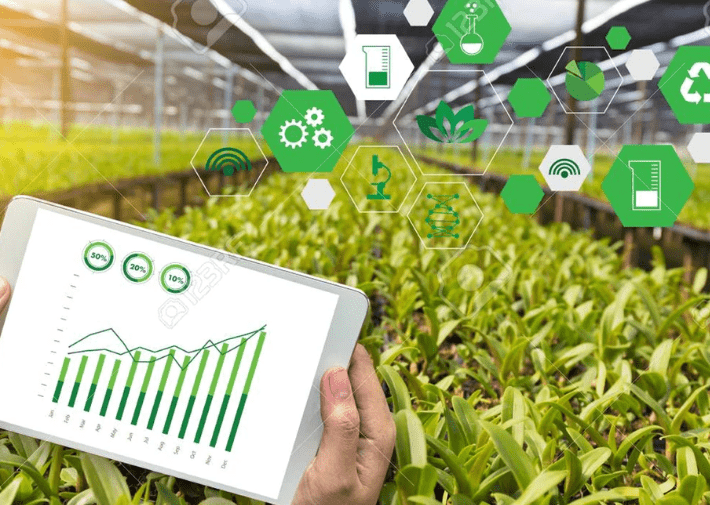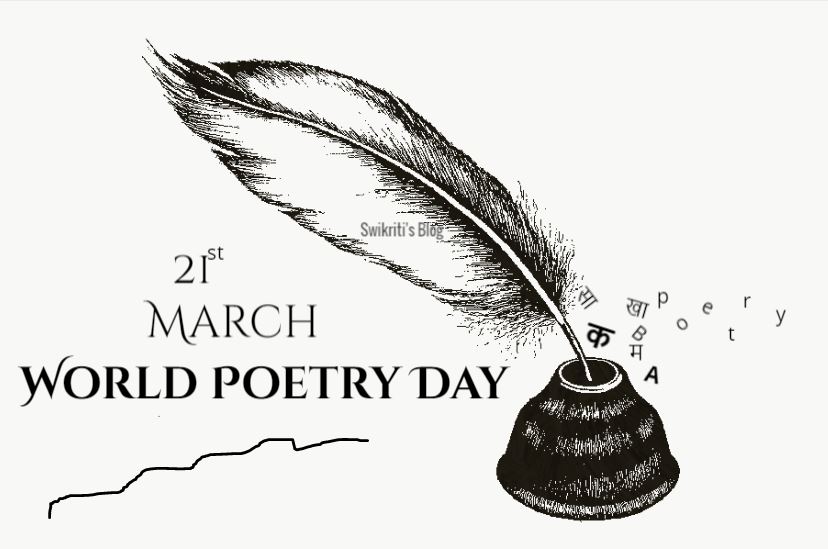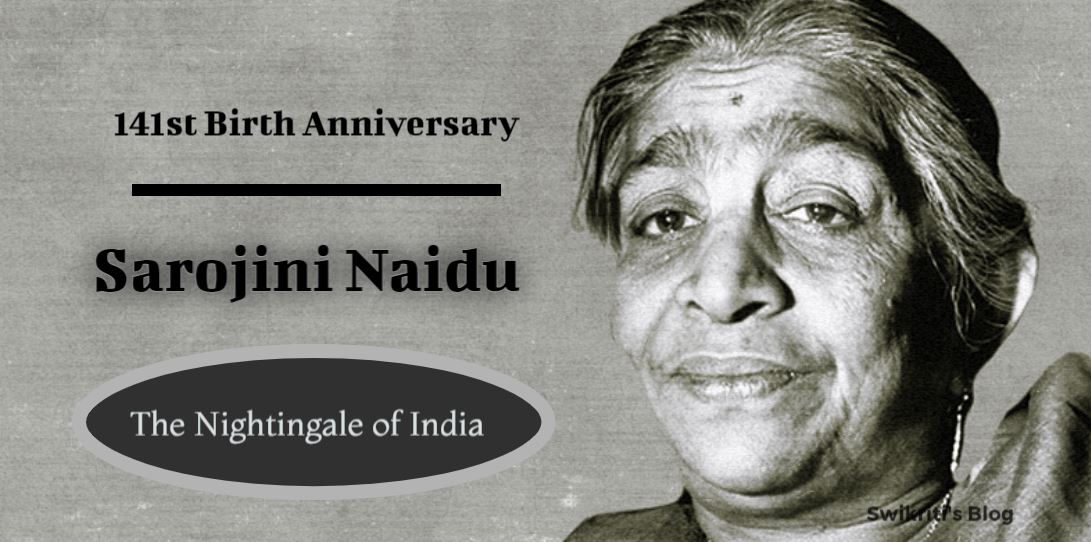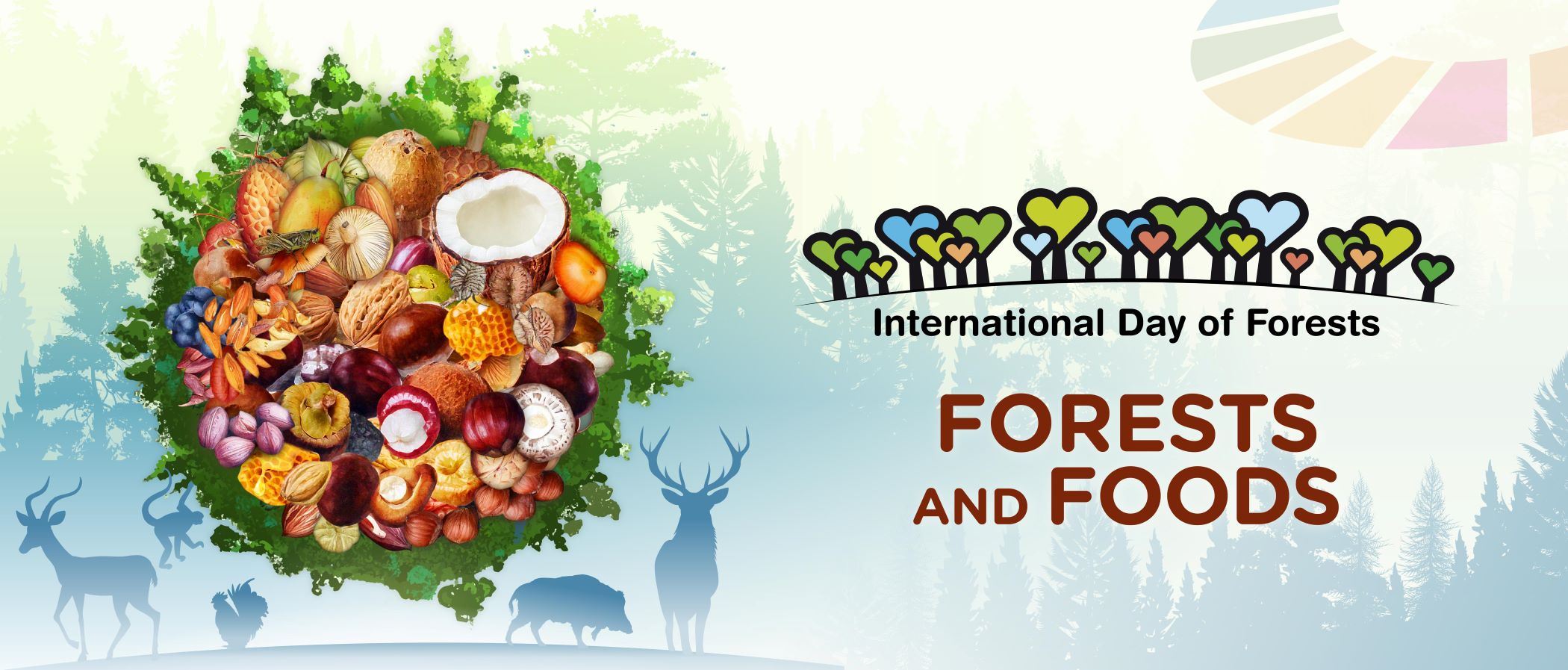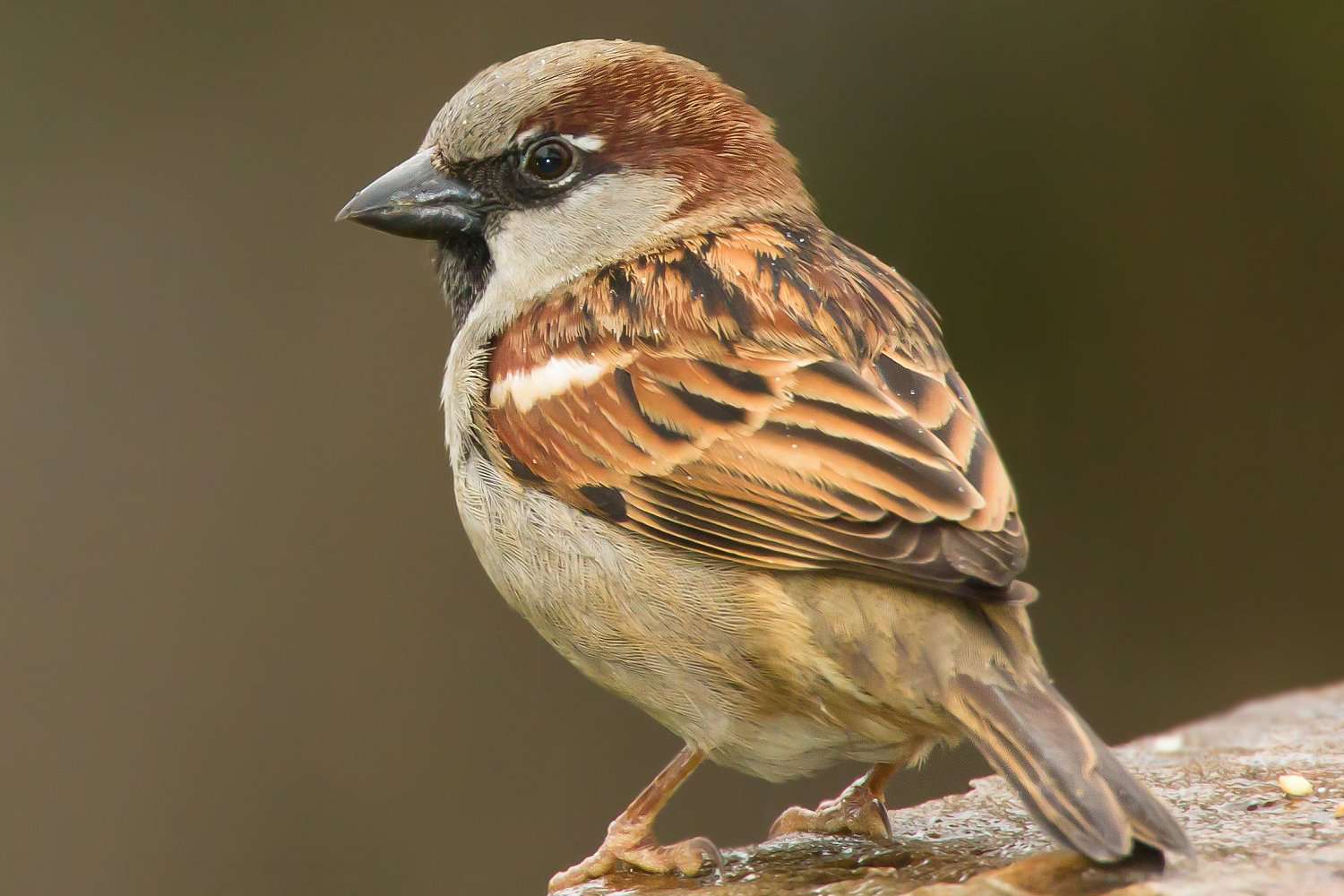With the increase of global population day by day, it’s going to be a challenge for agriculture system to meet consumer demand with food quality and sustainability in the coming decade. Due to the limited availability of fertile land for agriculture, it is necessary to find out the improved method and techniques to optimize existing farmland.
In the era of digital revolution where technologies are playing a crucial role to improve productivity in the sector like banking, finance, medical etc. same can be applied in agriculture system as well to improve profitability, sustainability and achieve high quality.
Using artificial intelligence (AI), Internet of Things (IoT), and predictive analytics tool will help agriculture ecosystem to take smart decision and overcome the problems.
How agriculture can be digitalized?
Let’s take a example from health care where all medical records are maintained electronically by clinics, hospitals through which they can gain more insights in providing better treatment.
Similarly, in agriculture, it can be achieved by maintaining Electronic Field Records (EFR) for each farmland. The EFR will hold the data such as: –
Once the data is maintained in EFR then using various decision-making tools and platform can apply Artificial Intelligence (AI), Machine Learning and advanced analytics to extract valuable insights and generate better decisions guidance. The dashboard can help farmers to visualize the data and with the in-depth details of the field, growers can save time and money by gaining better knowledge like when and how to spray pesticides.
- Weather Data- It will include historical data, real-time observations from weather company and advance weather forecast.
- Soil Data- It includes details like fertility of the land, it’s nutrient content, and availability of moistures at multiple layers of soil.
- Equipment Data – To collect the data from drill, sprayers, thrashers, etc it needs to be fitted with IoT Sensors which will provide the real-time data.
- Farming Practise Data- This includes details like Fertilizer and Pesticides application rates, Harvesting Dates and Harvest Outputs.
When all this solution is put together, it will improve crop protection and increase yield.
Use of IoT, Cloud, AI, Blockchain, Drones and a vast array of technologies will help the agriculture sector and farmers to take corrective and preventive measures to increase productivity and quality.
Though it will not be easy to replace the age-old practised followed by farmers with digital ones but keeping future requirements in mind to meet the consumer demands, use of technology needs to be practiced soon globally in agriculture ecosystem.
Ankit Sharma
